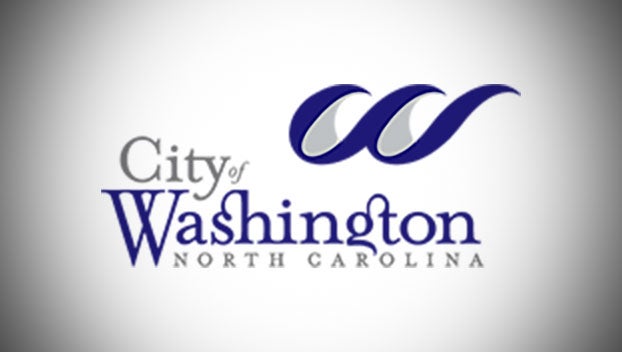City’s power costs ‘locked in’ for 4 years
Published 5:29 pm Tuesday, June 28, 2016
It could be several years before Washington sees an increase in the price it pays for wholesale power, which it sells to its electric-system customers. This decreases the city’s annual power cost by $1.5 million.
That was one of the items included in a review of a cost-of-service study presented by Booth & Associates spokesman Terry Brege to the Washington City Council on Monday. The city buys its wholesale power from the North Carolina Eastern Municipal Power Agency, which, according to Brege, is expected to hold the city’s wholesale rate at the 2015 level until 2020. That means the city will spend less when it comes to wholesale power than what it budgeted for the new fiscal year, which starts Friday.
“We’re locked in for four years,” City Manager Bobby Roberson said Tuesday.
When the city decreased electric rates for some customers last year, it resulted in the city losing $1.5 million in revenue for that year.
The study, with some modifications, was essentially the same study presented to the council in October 2015. In May, the council rejected paying for a new cost-of-service study, which would have cost the city $24,500. A cost-of-service study, among other things, is used to fairly assign charges to cover the costs of providing services to each customer class.
Brege said the goal of the study and its recommendations is to fairly distribute the costs of providing power to the different rate classes so they pay their fair share based on their power consumption and associated costs of providing service to them.
The existing study recommends that Washington’s electric customers should have their overall electric rates (per kilowatt hour) reduced by 5.64 percent, with residential customers receiving a 2.52-percent reduction. The study also recommended increasing some fees, including facilities charges, related to providing electric service. Booth & Associates conducted the study.
Brege said a reason the city might want to consider increasing the facilities charge — at least in the customer column and over time move it closer to the distribution column — is it produces rate stability. With the city’s current low facilities charge (the cost of providing electric service to customer), the city sees substantial swings in electric revenue based on the weather. The higher the fixed charge, the more stable the revenue will be from year to year, he said.
“When you get over to the adjustments to the customer charges, I concur. I think that’s an area we’ve got to address in that if it costs $10 to get current to my house, I should be paying that $10,” said Councilman Doug Mercer, adding the council should constantly monitor what it costs to deliver power to customers and charge accordingly.
Mercer said the city should take the money it “saves” by not paying a higher wholesale rate (factored in the upcoming budget) and put it into a rate stabilization fund. “The other thing we need to do in the next (fiscal) year, if we collect an additional $800,000 or $900,000 because (of) the lack of a wholesale rate increase, is put that in a capital-project fund,” Mercer said. Doing so provides the city a “cushion” should it run into a major expenditure in the coming years.






